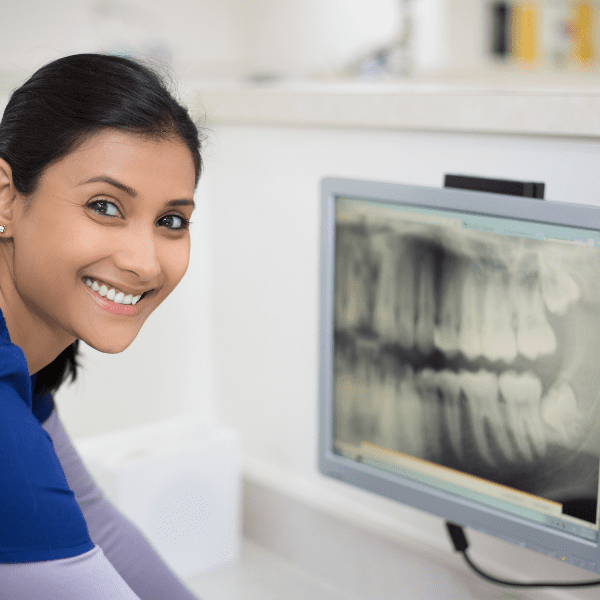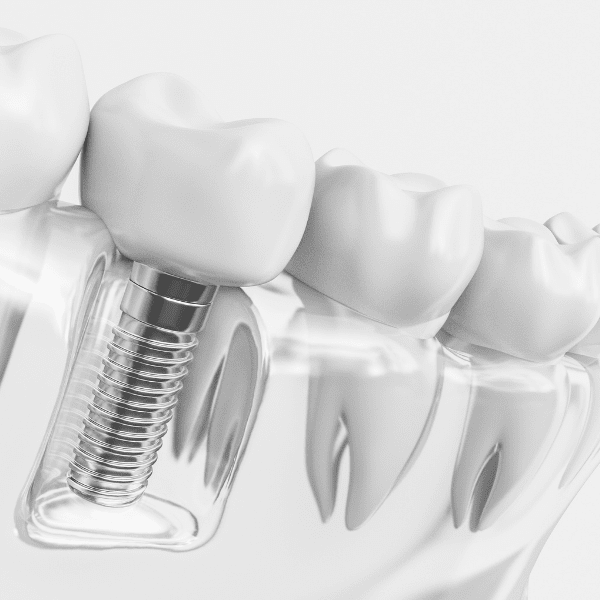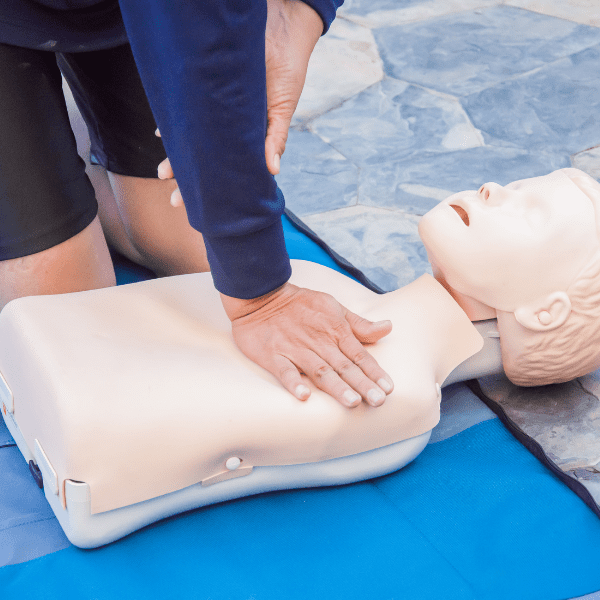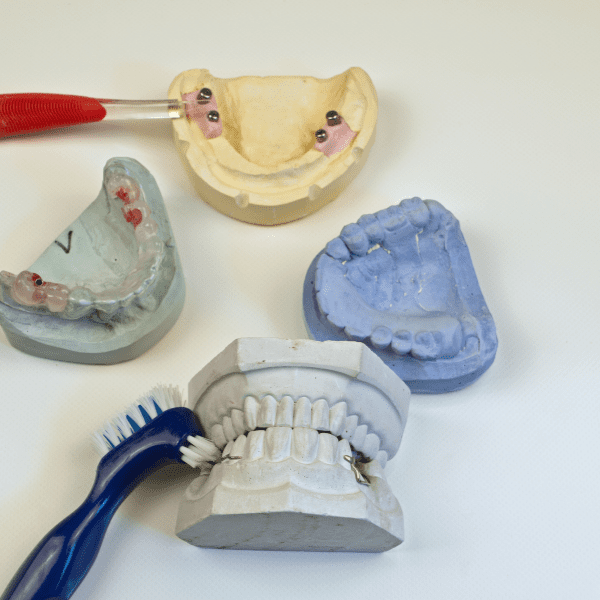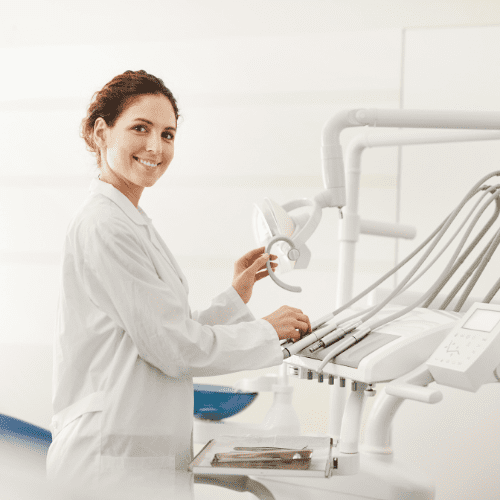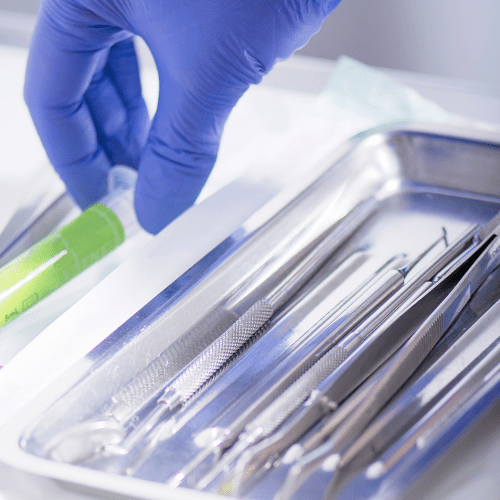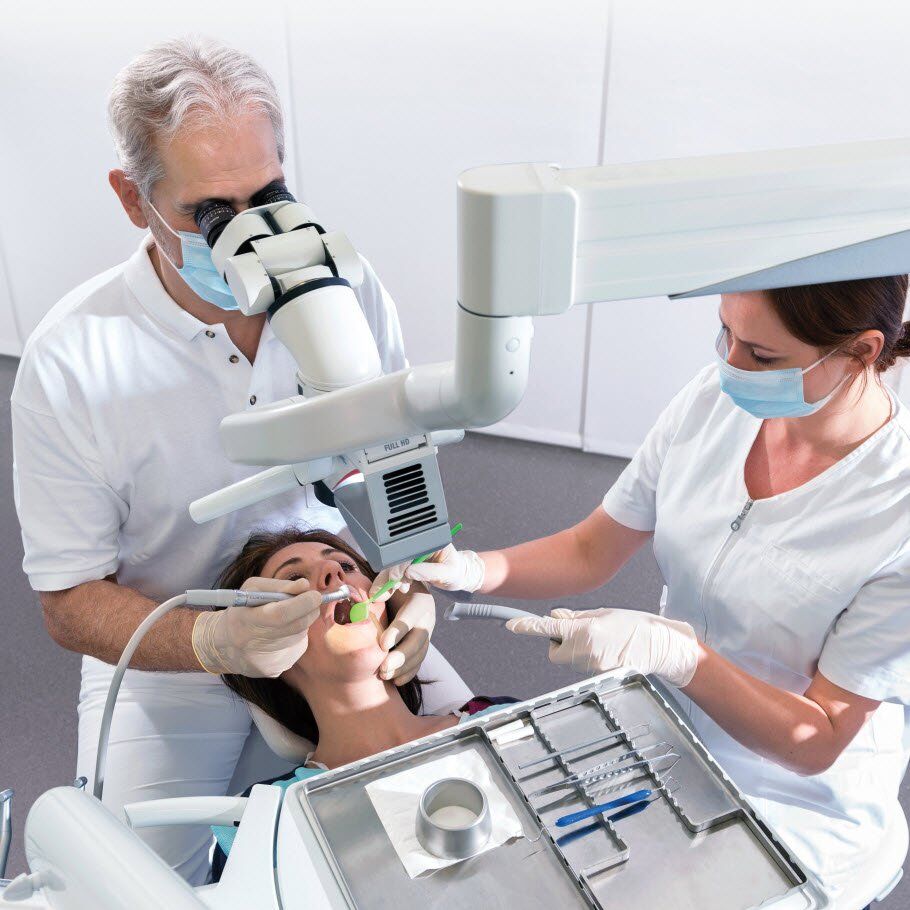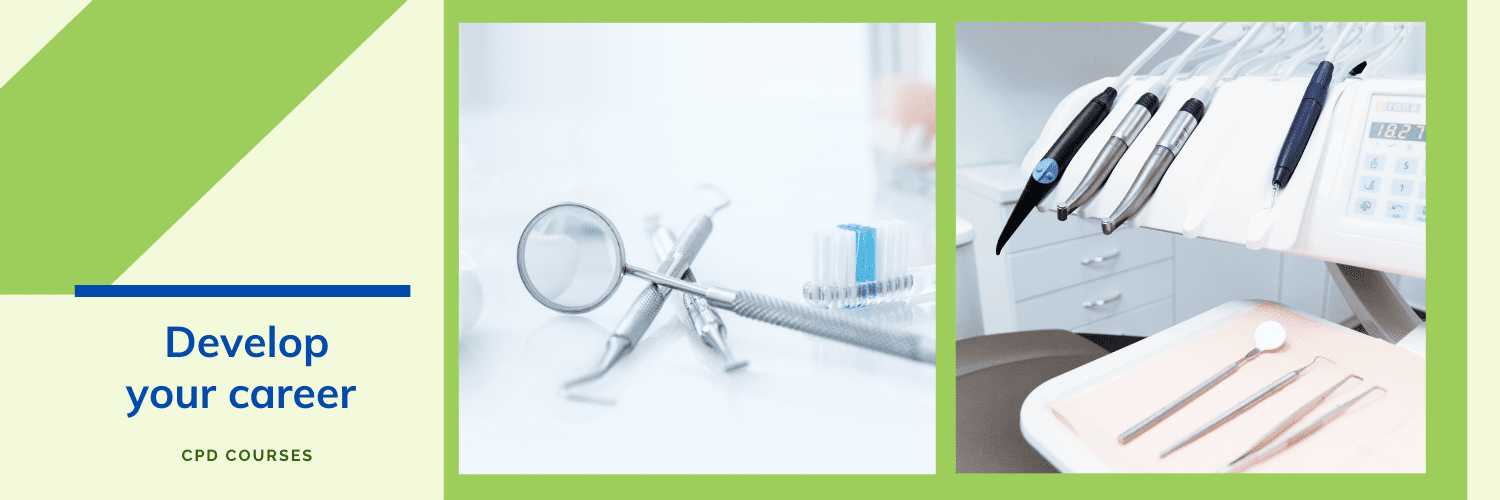
Online CPD – The Complete Dental CPD Program.
For all dental professionals
Our Complete Dental CPD program ensures your knowledge is kept up to date enabling you and your team to focus on patient care and growing your practice.
What you will learn from this CPD course
Ensure you are fulfilling your GDC and CQC requirements by updating your knowledge in the key CPD and practice management topics required for all professionals working within the field of Dentistry.
Topics Covered:
- Safeguarding Children and Vulnerable Adults 4 Hours
- Health and Safety in the Workplace 4 Hours
- Managing Medical Emergencies in the Dental Practice 2 Hours
- Radiography and Radiation Protection Update 2 Hours
- Cross Infection Control Update 4 Hours
- Complaints Handling 2 Hours
- The Mental Capacity Act for the Dental Team 4 Hours
- COSHH Risk Assessment 4 Hours
- Fire safety 4 Hours
- DSE risk assessment 4 Hours
- General Data Protection Regulation for the Dental team 4 Hours
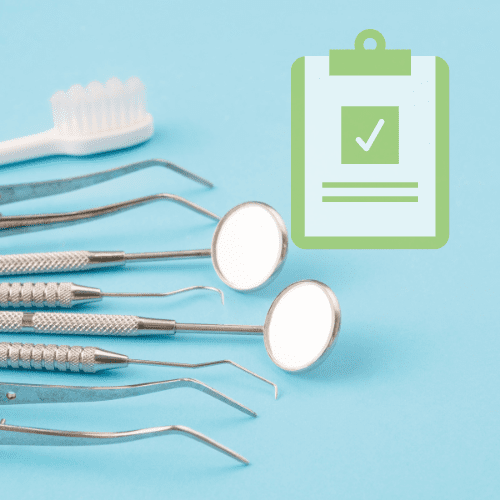
Who is the course suitable for?
Dentists
Dental Therapists
Dental Hygienists
Orthodontic Therapists
Clinical Dental Technicians
Dental nurses
Dental Technicians
And any other team members with a valid GDC number can benefit from this CPD course.
Great reasons to take this course
- Be an asset to your team by knowing your role and responsibilities in Safeguarding, Health and Safety, Managing medial emergences, radiography and radiation protection, cross infection control, complaints handling, The mental capacity act, managing a cardiac arrest, COSHH, fire safety, display screen safety and GDPR and performing them well.
- Why not equip yourself to become your practice complaints manager?
- Fulfil your GDC and CQC training requirements on these essential topics.
- Boost your employability – Being up to date in these topics is very appealing to potential employers.
Course Contents
Complaints Handling:
- Why do patient complaints happen
- How patients complain
- How you as a dental care professional should manage patient complaints?
- What a practice complaints manager is and what their responsibilities are
- How the dental practice should manage complaints
- Which GDC guidance we should refer to know our responsibilities when handling dental complaints.
Fire Safety:
- How fires are caused in the workplace,
- Which hazards exist during or after a fire and the characteristics of fire and smoke spread.
- How to identify and control fire hazards at work.
- What is meant by the term ‘means of escape’ in relation to fire hazards
- The principles of extinguishing fires
- How to use portable fire fighting equipment and fixed fire fighting systems.
- The duties of employers and employees in relation to workplace fire safety,
- How to undertake a simple fire safety inspection and the stages of a fire risk assessment.
- The role of the Fire Warden and the contents of a fire safety briefing.
Display Screen Risk Assessment:
- The reasons for conducting risk assessments and the main legislation relating to DSE risk assessments
- The principles of good DSE workstation design, the main causes of ill health relating to DSE use and the corrections that can be made to workstation design to control risks.
- How to carry out all stages of a DSE risk assessment and the circumstances in which a DSE risk assessment should be reviewed.
General Data Protection Regulations:
- Know exactly what GDPR means.
- Understand the principles of GDPR
- Understand the Rights of the individual under GDPR
- How to protect dental patients, staff and their information
- Know the relevance of GDPR to your role and the dental practice
The Mental Capacity Act:
- You will learn exactly what the mental capacity is and its importance in the dental setting.
- The five principles of the MCA
- How the MCA empowers people to make decisions for themselves and protects people who lack capacity.
- Why effective communication is important when working with a person who may lack capacity.
COSHH:
- The importance of COSHH risk assessments,
- The reasons for conducting COSHH risk assessments
- The main legislation relating to COSHH risk assessments.
- To identify and classify different forms of hazardous substances and how these substances affect the body to cause harm.
- To control risks from hazardous substances
- The factors to consider when assessing risks from exposure to hazardous substances.
- The hierarchy of controls in relation to hazardous substances.
- How to carry out a COSHH risk assessment in your practice.
- The stages of a COSHH risk assessment and the circumstances in which a COSHH risk assessment should be reviewed.
- Our duty to report under RIDDOR
- Which injuries diseases and dangerous occurrences are reportable under RIDDOR
- How they are reported and within which timescales.
- How they are recorded
Medical Emergencies:
- How to manage a range of medical emergencies
- How to assess and treat both conscious and unconscious patients.
- How to recognise signs and symptoms of a range of medical conditions
- How to summon help from other team members and emergency services when a medical emergency occurs.
- What your role is when managing a medical emergency in the dental practice
- How to administer emergency drugs and use emergency equipment.
- How to carry out effective defibrillator supported cardiopulmonary resuscitation in both adult and child patients.
- Which medical emergency drugs and equipment we are required to have available in the dental practice
- How to audit emergency drugs and equipment.How to plan your response to medical emergency situations
Infection Control:
- The role and responsibilities of the decontamination lead and dental team towards cross infection control.
- The relevant infection control legislation and guidance and be able t apply it to your daily practice.
- The importance of cross infection control for patient, staff and public safety
- Types of potential infections
- How to prevent and management of blood-borne viruses including managing inoculation injuries and knowing which vaccinations you should have.
- How decontamination procedures should be effectively and correctly performed
- The importance of environmental design and cleaning How to carry out effective hand hygiene procedures
- How to correctly use and maintain dental devices
- How to correctly use personal protective equipment
- How to carry out appropriate waste Disposal and Management
- How to compile a local decontamination policy
Safeguarding:
- The importance of safeguarding in the dental practice.
- The role and responsibilities of dental professionals when it comes to safeguarding children and vulnerable adults
- How to identify the main types of abuse and harm
- How to report harm and abuse
- The importance of being treated with dignity and respect when coming forward about a case of abuse.
- How to compile a safeguarding policy
Health and safety:
- Employers’ and employees’ duties relating to health, safety and welfare.
- The requirements for training and competence in the workplace and how to effectively communicate health and safety information.
- How risk assessments contribute to health and safety
- The meaning of the terms ‘hazard’ and ‘risk’,
- How risk assessments are carried out
- How risk assessments contribute to a reduction in workplace accidents and ill health.
- How to identify hazards in the workplace, understand how hazards can cause harm or damage and learn the risk controls for common hazards.
- The common causes of workplace accidents and ill health, the actions to take following an incident at work and the importance of recording incidents, accidents and ill health accurately

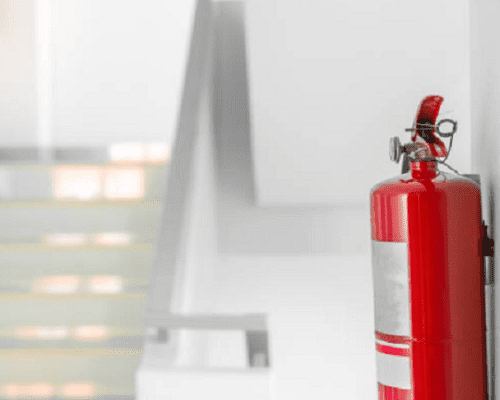

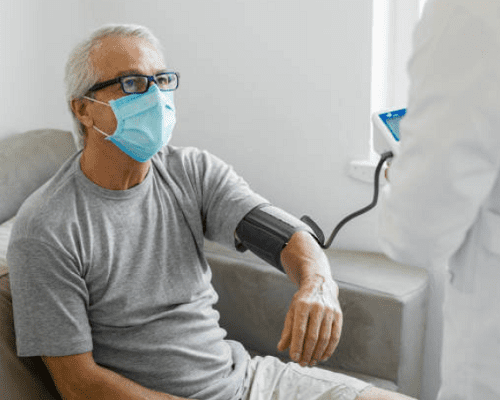

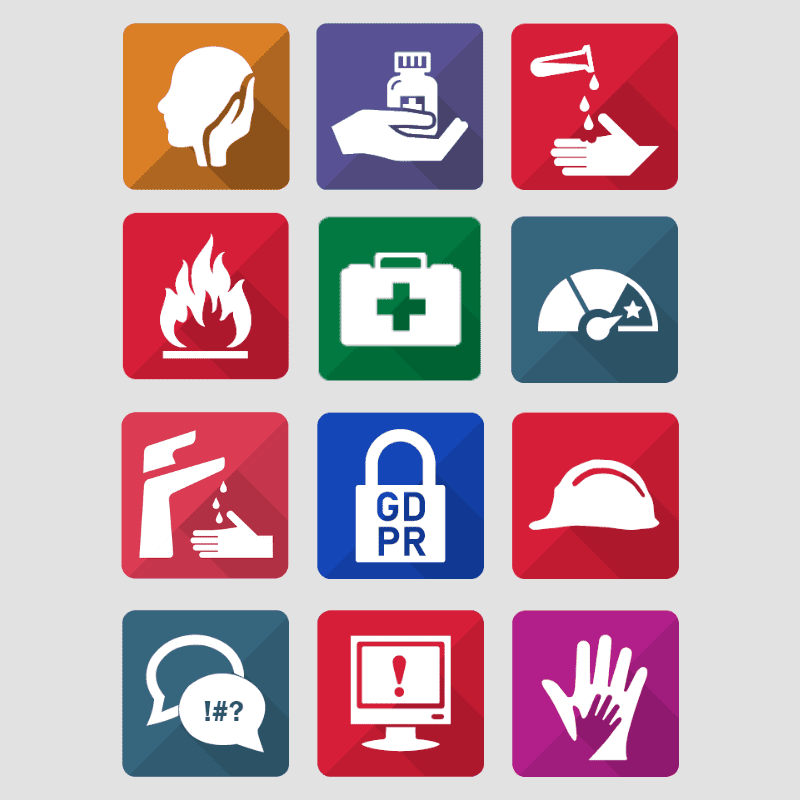
Relevant Legislation
- GDC Principle 5 – Have a clear and effective complaints procedure.
- CQC Statement on dental complaints
- CQC: Key line of enquiry (KLOE): How are people’s concerns and complaints listened and responded to, and used to improve the quality of care?
- CQC Regulation 16: Receiving and acting on complaints
- GDC Principle Seven- Maintain, develop and work within your professional knowledge and skills
- GDC Principle One – Put patients’ interests first
- Health and safety executive – Fire safety
- CQC Regulation 12 (Safety of care and treatment).
- CQC Regulation 17 (Good governance)
- The Health and safety executive: Display screen equipment
- The Mental Capacity Act 2005
- GDC Principle 3- Obtaining valid consent.
- GDC Principle 2 – Communicate effectively with patients
- Data Protection Act 2018
- GDC Principle 4- Maintain and protect patients’ information
- HSE Guidance on Control of Substances Hazardous to Health Regulations 2002.
- HSE guidance on: Reporting of Injuries, Diseases and Dangerous Occurrences Regulations (RIDDOR) 2013
- Quality Standards: Primary dental care
- GDC guidance on medical managing medical emergencies
- CQC Dental Myth buster – List of medical emergency drugs and equipment required in the dental practice


